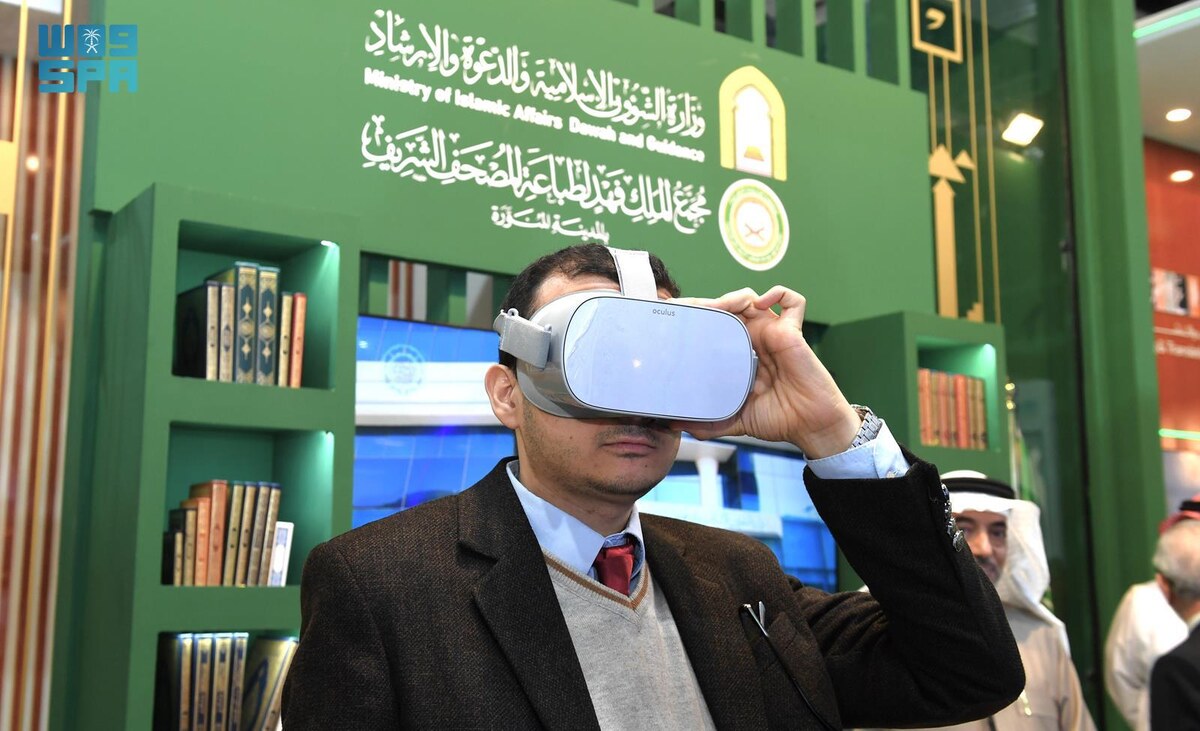MANAMA: The use of environmental sukuk and other debt instruments is surging in the Kingdom, with total issuances exceeding SR8 billion ($2 billion), a Capital Market Authority official has said.
Abdullah Al-Moqbel, director of the authority’s sustainability department, was speaking on Tuesday during a panel discussion titled “Climate Risk and Financial Disclosure: Harmonizing New Frameworks and Implementation” at the Sustainability Forum Middle East in Manama, Bahrain.
He highlighted the critical role of sustainable finance in facilitating the transition toward climate adaptation and sustainable development.
Al-Moqbel added: “Sustainable finance is a key driver and the main engine for developing sustainability practices among all economies. It will be even more critical during the transition phase.”
He also highlighted the importance of collaboration with stakeholders in advancing corporate sustainability strategies.
“In Saudi Arabia, we are working on implementing a corporate sustainability strategy. Within this effort, we have a platform that facilitates multi-sided communication with various partners,” Al-Moqbel said.
Market participants and listed companies are key partners in this process, and their engagement is crucial for enhancing the quality of initiatives, he added.
Ultimately, corporate entities, not regulators, will implement the strategy, Al-Moqbel said.
Meanwhile, Alya Al-Omran, head of capital markets supervision at the Central Bank of Bahrain, shared her country’s approach to sustainability in the financial sector.
“We have issued our ESG module, and the way we introduced this new module to our licensees and listed companies is by mandating them,” she said.
Al-Omran said that the adoption of the rules in Bahrain is mandatory.
“Maybe it is a very new way of introducing such rules, as it is a relatively new concept here, but we chose to do it this way to kindly force companies to adopt sustainability and integrate it into their operations,” Al-Omran added.
Mohammad Essa, head of the corporate governance section at the Securities and Commodities Authority in the UAE, discussed the emirates’ efforts to promote green bonds and sustainable finance.
Essa said that the UAE issued regulations in 2023 regarding green and sustainability-related bonds.
“To support this initiative, we have also exempted companies planning to list these bonds or sukuk on the financial market from the registration fees imposed by the authority.”
This initiative could increase the number of bonds and sukuk listed on the local financial market, he added.
“As of the latest figures at the end of 2023, we reached $14 billion in green bonds and sukuk issued by the authority. Of course, this number has increased currently,” said Essa.
While progress in Saudi Arabia, Bahrain and the UAE is evident, Al-Moqbel acknowledged the global disparity in sustainable finance adoption.
“Although green issuance worldwide has surpassed $850 billion, it represents just 3 percent of total conventional bond issuances,” he said.
Despite this, the compound annual growth rate for green financial products is double that of conventional bonds, underscoring the promising future of such instruments, Al-Moqbel added.
Recognizing this potential, the Kingdom’s Capital Market Authority is taking proactive regulatory steps to support and expand the market for sustainable finance in the Kingdom.
“We are currently drafting guidelines for issuing green, social and sustainability-linked sukuk and debt instruments in the Saudi market,” Al-Moqbel said.
These guidelines, expected to be voluntary, aim to help companies comply with disclosure requirements and align with international principles, such as those set by the International Capital Market Association.
The overarching goal is to increase the issuance of these financial products in local and regional markets, said Al-Moqbel.
He also addressed the need to raise awareness among local and regional investors.
“Most of the demand for these products currently comes from international investors. Raising awareness is essential to trigger interest from local and regional investors,” he said.





























